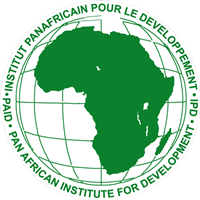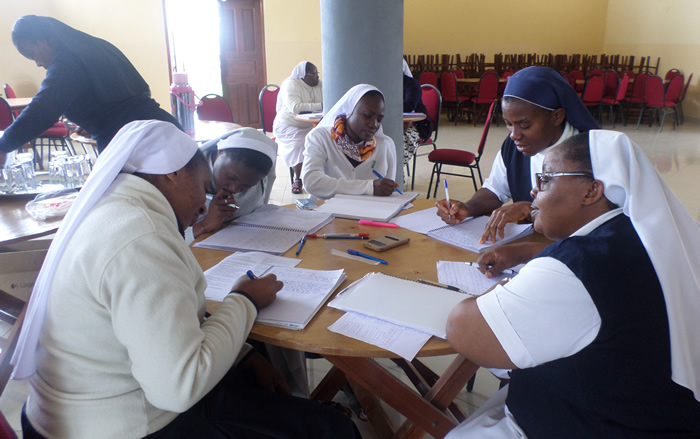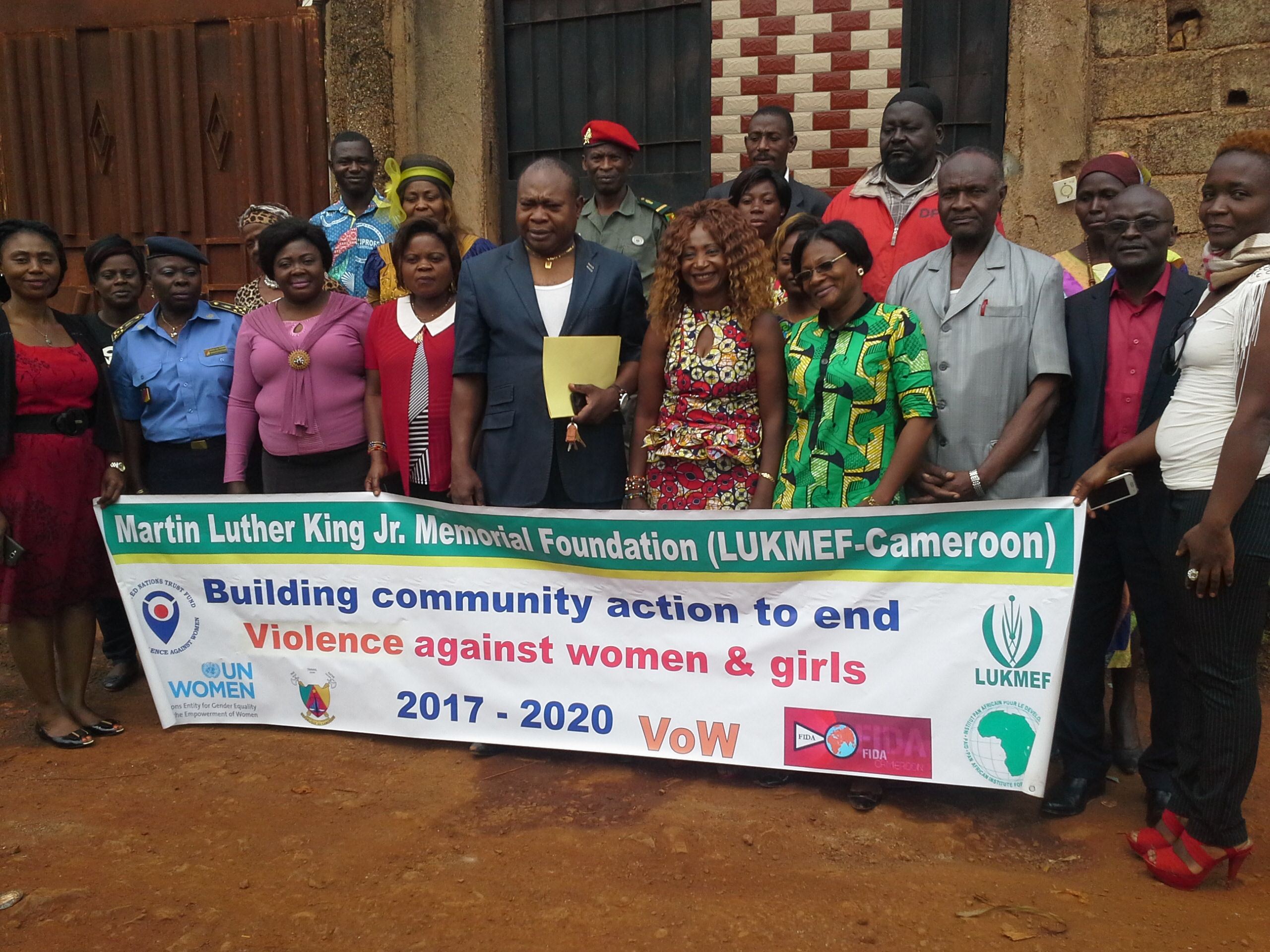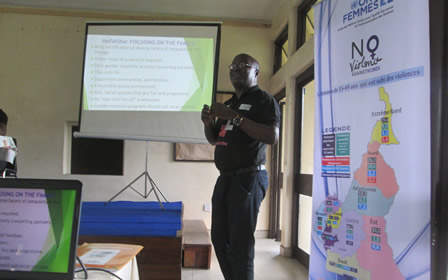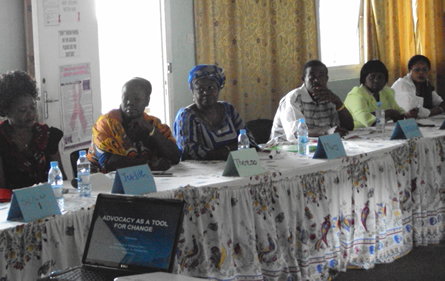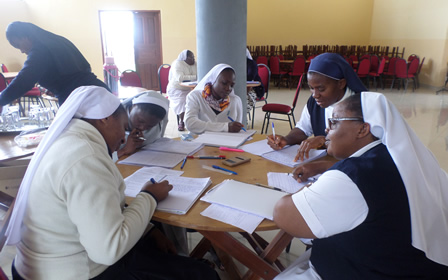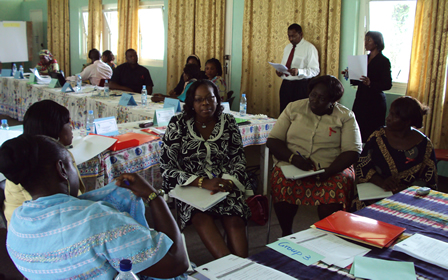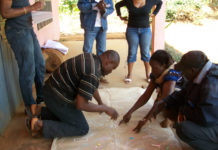Ongoing Initiative: Building Core Competencies of GBV Service Providers for the UNTF/LUKMEF Project – “Building Community level Action for Ending Violence Against Women and Girls in Cameroon”
Garnering the support of leadership is essential to fostering ownership and sustaining efforts for continued change
In order to maximize, the results of GBV prevention and response efforts, PAID –WA takes the lead role in implementing a comprehensive approach to capacity strengthening which sees not only the strengthening of supply sides (training of service providers for enhanced information sharing but delivery of quality and adequate services) as paramount but also the demand side (empowering women and girls, enhancing knowledge of rights and access to services).
- Developing tailored training plans for different GBV stakeholders and service providers according to their roles and intended beneficiary population
- Enabling the direct exchange among stakeholders and practitioners, from government and non-government, from local and national levels to share relevant experiences, promising and good practices, lessons learned tools and other resources.
- Frontline responses through coordinated service delivery systems (in health, security and justice), shelters and safe spaces;
- Staff knowledge on women’s human rights and gender-based violence across sectors;
Garnering the support of leadership is essential to fostering ownership and sustaining efforts for continued change
Report on Service Providers Trainings
In order to maximize, the results of GBV prevention and response efforts, PAID –WA takes the lead role in implementing a comprehensive approach to capacity strengthening which sees not only the strengthening of supply sides (training of service providers for enhanced information sharing but delivery of quality and adequate services) as paramount but also the demand side (empowering women and girls, enhancing knowledge of rights and access to services).
Project 3: Conduct institutional capacity assessment including SWOT of existing and/or potential service providers in Cameroon
- Assessment of skills, protocols, policies and infrastructure related to key sectors and specific areas of expertise needed for an appropriate response;
- Assessing institutional strengths and weaknesses related to multi-sectoral collaboration and referral systems for GBV response
- Ongoing assessment of service provision
The slow pace of developing sustainable capacity is often at odds with the pressure to demonstrate progress quickly to beneficiaries and donors. However, experience has shown the value of investing in the institutions, staff and processes that can lead to lasting social change (UNDP, 2009).
We are providing more and more, game-changing support to local and international institutions through capacity building. To PAID-WA, capacity building means that state, private and non-profit institutions can get better at their work, more skillful at measuring and illustrating their impact, can more easily secure funds for programs and general operating costs and ultimately serve larger and larger communities. We aim to strengthen institutional capacities and align them with national and regional policy frameworks. In another dimension, we aim to close the capacity “gaps” that constrain systems.
Domains
1. Management Capacity Building
Weak and resource-constrained institutions are a major challenge to development innovations and research
1.1 Customized (Onsite) Training
Clients’ capacity requirements gives PAID-WA the flexibility of adopting different capacity building approaches through customized (tailored) courses. These courses are offered to organizations that need to tailor the course to suit a specific program. These courses are offered for durations that range between 1 to 2 weeks, on the client premises/working place. They cut down on costs significantly. The course uses participatory learning techniques. The sessions are self-motivating and include short introductory presentations, discussions, group work, case studies and practical exercise. In most instances, the trainings make use of community-based projects for practical field experience.
Our Current and Past trainings fall into the following categories
- Leadership and Management
- Health Care Management and Administration
- Entrepreneurship and small business Management
- Project planning and Management
- Development & fundraising planning
- Human Resource Development
1.2 Scheduled Courses
The Institutional Capacity Tracking and Strengthening (ICTS) work stream of PAID –WA offers several scheduled training courses annually that are related to Development and Business fields. The trainings are facilitated by highly professional trainers with many years of experience who provide training materials customized to address specific needs of clients and developed based on extensive research. All our scheduled courses may be tailored to suit your specific corporate needs.
2. Institutional Capacity Assessment (ICA)
Measuring institutional capacity is a key aspect of institutional strengthening; it may help managers make strategic, operational, or funding decisions; or it may help explain institutional strengthening activities and related performance. Current and past ICA activities are linked to the following categories:
- Municipal Council Diagnosis
- Village Studies
- NGOs capacity needs assessment


